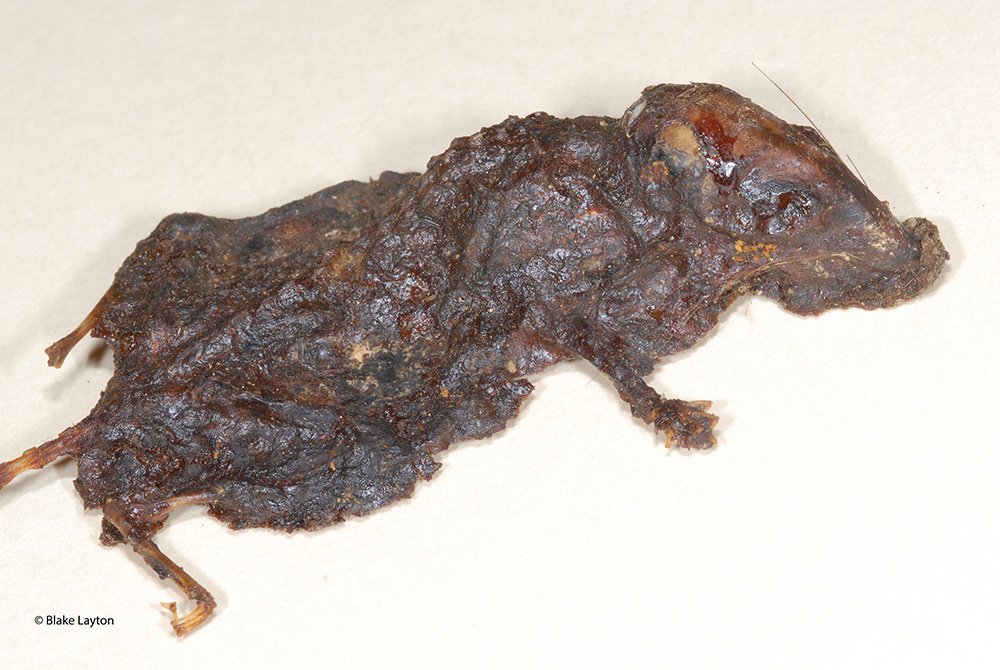Mouse Mummy | Vol. 3, No. 7
Related News
September 5, 1997
July 25, 1997
June 23, 1997
May 12, 1997
March 17, 1997


